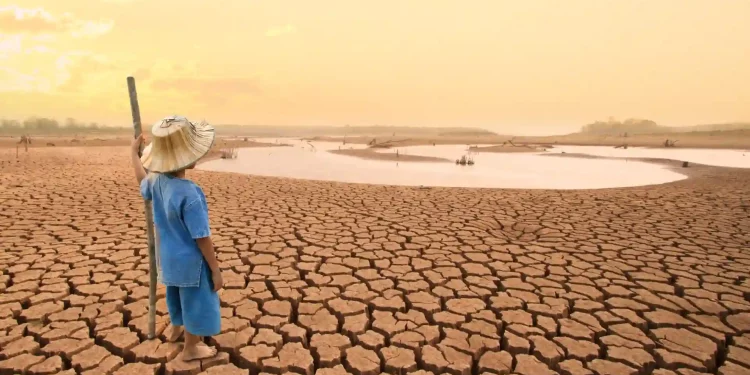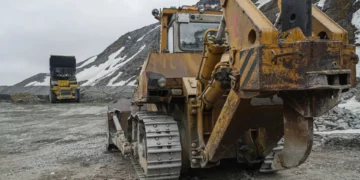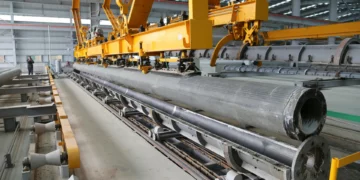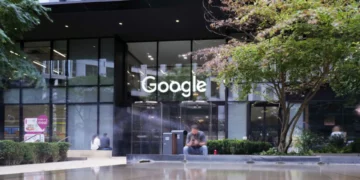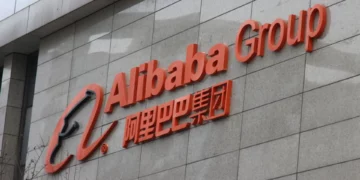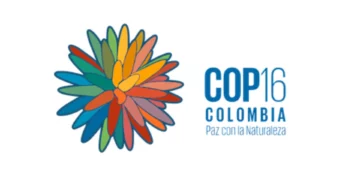The developing countries, however, are struggling to raise appropriate funds to support the climate transition goals mainly because the investments are deemed risky and capital is expensive.
Climate transitions are expensive and could be extremely challenging without proper financial aid. Several companies are all in with new projects to support the climate transition agendas. Ampersand Solar, a start-up company in East Africa has plans to transition millions of taxi drivers to cheaper and cleaner alternatives like electric motorcycles. Safi Organics, a fertilizer maker in Kenya is converting local biomass waste into fertiliser along with the aim of providing benefits to the farmers from carbon credits.
The Energy Company Phoneix edition is all ready to build Nigeria’s first waste-to-energy project which will help in the reduction of municipal wastes and carbon emissions. All these projects bring forward thriving opportunities in the job markets, promote sustainable development, and reduce carbon emissions. The developing countries, however, are struggling to raise appropriate funds to support the climate transition goals mainly because the investments are deemed risky and capital is expensive.
The global financial system is piled against the project developers in countries that stand on the front lines of climate change. This becomes harder for the communities that live on the edge of climate disasters like floods, cyclones, and droughts. In order to unlock climate finance for adaptation, a disruption in the global financial system is required and it could be done in three steps, reports Aljazeera. The first is by attracting investments. Compelling businesses often fail to meet the commercial requirements and restrictions on private financiers.
The project preparation facilities are largely disconnected from the de-risking mechanisms. The project financing volumes from low and middle-income countries plunged from $91 billion in the year 2019 to less than $60 billion in 2022 according to the reports of the World Bank. So an environment that would charge high-quality projects and ease financing. The state governments could lay the groundwork support for these projects in their climate and development plans.
UN high-level champions have held regional financial forums to portray many shovel-ready projects in developing countries and emerging markets. The goal was to demonstrate that there is a strong strong channel of projects. The meeting was also conducted to eliminate perceptions.
The next step is to extend the concessional capital for developing economies. Borrowing money will be more expensive for poor countries when compared to wealthy economies.
The final step would be to reduce and suspend debt for low- and middle-income countries. When climate transitions affect these countries, they try to borrow more which increases their debt distress. According to IMF, nearly 60 percent of the developing countries and emerging markets are nearing debt distress. Extending concessional capital will assist in relieving the debt by providing alternative finance options. Loan contracts should also include debt-suspension clauses for natural disasters.
The International Monetary Fund announced that it satisfied a pledge to make $100 billion in Special Drawing Rights available to climate-vulnerable countries. Senegal also reached a $2.7 billion deal for clean energy from the developed countries. Zambia also reached a $6.3 billion debt restructuring deal. Apart from these, there are lot of unfinished business to take care of at the Africa Climate Summit in September and the UN COP28 conference in November. Emerging markets and developing countries must need at least $1 trillion per year in external climate finance by 2030. This finance would also be very crucial for business, sustainable development, and also for climate action.
Investors in order to support various projects, must see the potential and overcome the risks it possesses. The financial community has the full potential to do all this and by doing so it could become a part of the climate transitions.


